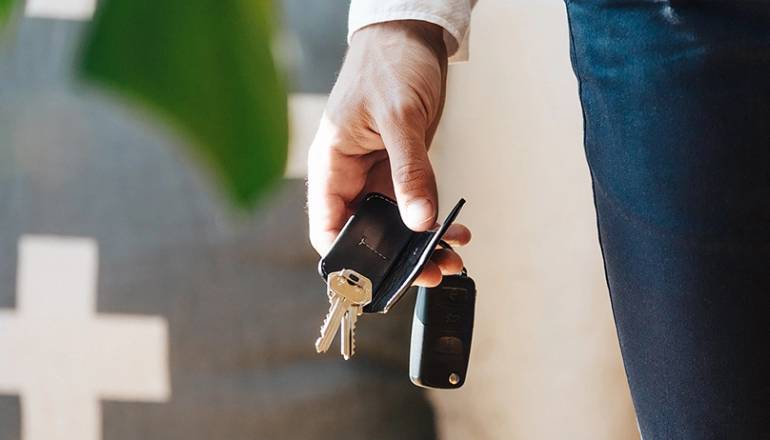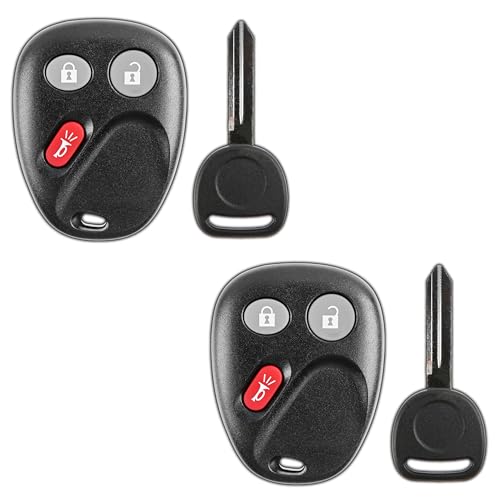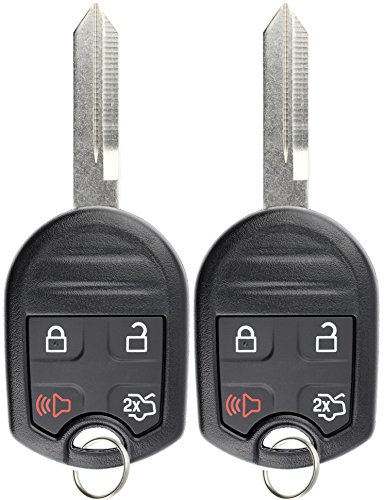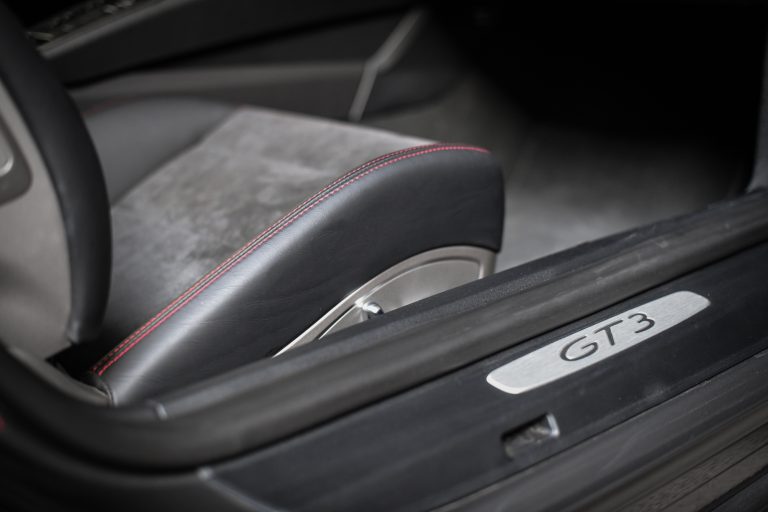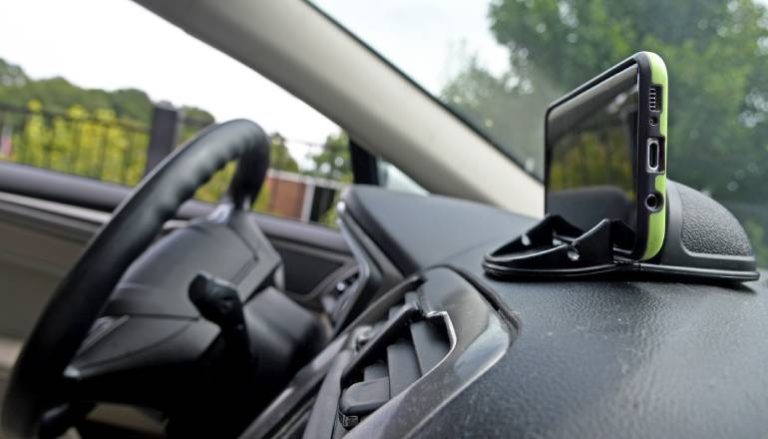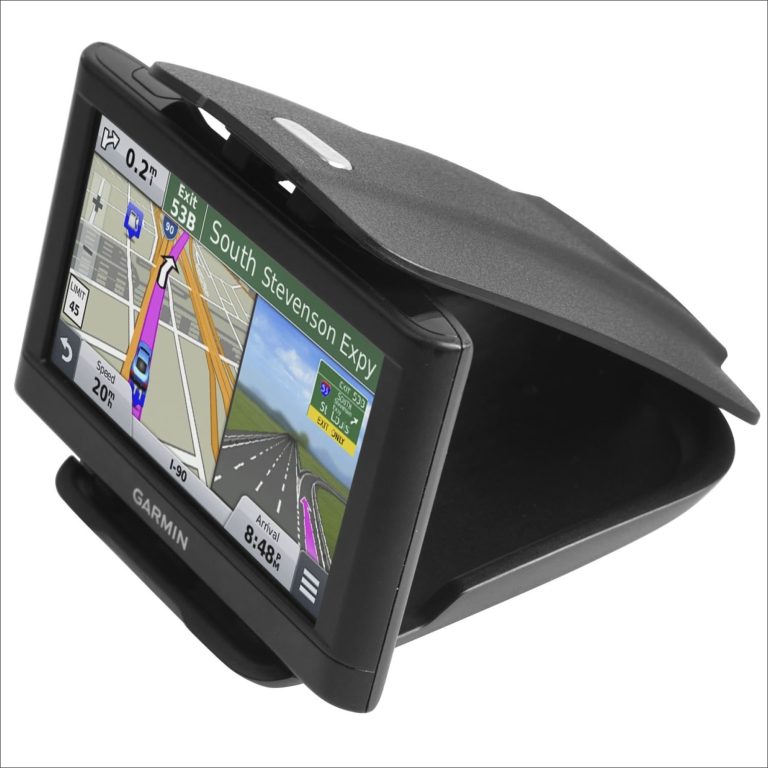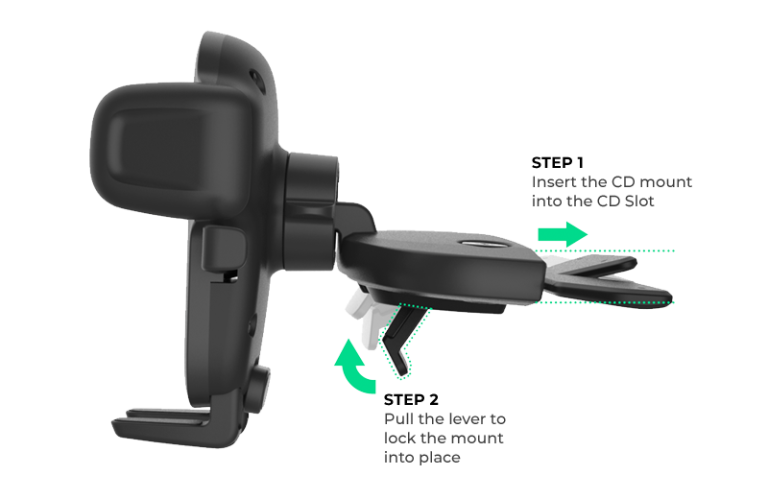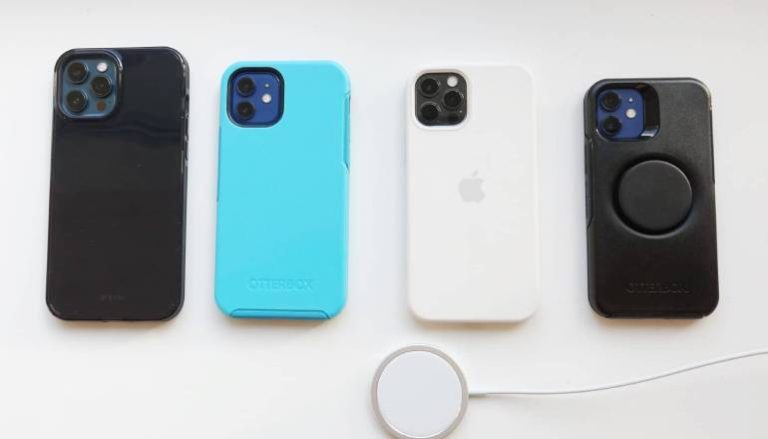Does a Magnet Damage Your Car Key Fob?
Have you ever wondered if a magnet could mess with your car key fob? Modern conveniences like key fobs make life easier, but they also come with their own set of quirks and issues. One question that nags many is whether magnets, those seemingly harmless objects, can foul up these high-tech wonders.
What is a Car Key Fob?
Before we get into the nitty-gritty, let’s understand what a car key fob actually is. Essentially, it’s a small electronic device that allows you to control your car remotely. Think of it as your car’s magic wand. You can lock, unlock, or even start your car from a distance with just a click.
How Does a Car Key Fob Work?
Basic Components
Car key fobs are packed with various sophisticated components, including:
- Microprocessors: These are like the brains of the fob, making decisions based on your inputs.
- RFID Antennas: These components facilitate communication between the key fob and your car.
- Batteries: Powering all these functionalities.
Signaling Process
When you press a button on your key fob, it sends a radio frequency signal to the car. The car’s receiver processes this signal and executes the corresponding command, such as unlocking the doors.
What Causes the Key Fob Not Detected?
Key fob not detected issues can be very frustrating, especially when you’re in a hurry. Key fobs are an important part of modern security systems, and they provide an extra layer of protection for your home or business. Unfortunately, key fobs sometimes stop working due to various reasons. Here are some of the most common causes of key fob not detected issues.
Dead Batteries
The most common cause of key fob not detected issues is dead batteries. If your key fob is not responding to any commands, check the battery and replace it if necessary. Make sure you use the correct type of battery for your particular brand and model.
Interference from Other Devices
Another possible cause of key fob not detected issues is interference from other devices. If you have multiple wireless devices close to each other, they may interfere with each other’s signals and cause problems with your key fob. To fix this issue, try moving the affected device away from any other wireless devices.
Faulty Wiring
If your key fob still isn’t working after replacing the batteries or moving away from other devices, then it could be due to faulty wiring. Faulty wiring can prevent your key fob from receiving signals properly, so make sure all connections are secure and there are no loose wires.
Software Issues
Finally, software issues can also result in key fob not detecting errors. Make sure you keep all software up-to-date on both your key fob and receiver device as outdated versions can lead to compatibility issues.
If none of these solutions work for you, then it might be time to contact a professional locksmith or security technician who will be able to diagnose and repair any underlying problems with your system.
Do Strong Magnets Affect Key Fobs?
Most people use key fobs to lock and unlock their car doors, but have you ever wondered if strong magnets can affect the functionality of these devices? The short answer is yes, they can.
Strong magnets can interfere with the signal sent by a key fob. This means that when you press the button on your key fob, it may not be able to reach your car and thus won’t be able to unlock or lock your vehicle.
The strength of a magnet will determine how much interference it causes. The stronger the magnet, the more likely it is to interfere with your key fob’s signal. Magnets that are too close to your key fob can also cause problems. It’s best to keep them at least a few inches away from each other.
It’s also important to note that while strong magnets can interfere with key fobs, they don’t necessarily damage them permanently. If you do experience any issues due to magnetic interference, simply try moving the magnet further away or removing it altogether.
Why are Keys Attracted to Magnets?
Have you ever noticed that sometimes when you place a key near a magnet, it gets pulled toward it? This phenomenon is called magnetic attraction and it occurs because most keys are made of ferromagnetic materials. Ferromagnetic materials contain iron, cobalt, and/or nickel which can be easily magnetized.
When a magnet is brought close to these types of metals, the electrons in the metal move around and become aligned with the magnetic field. This alignment creates an opposing force that pulls the metal closer to the magnet. The stronger the magnet, the stronger this force will be.
In addition to keys, other everyday objects can be attracted to magnets as well. Nails, paperclips, and coins are all examples of items that are often drawn to magnets. It’s important to remember that even though these objects may not seem like they contain any metal on their surface, many of them do contain trace amounts of ferromagnetic material.
Are Regular Keys Magnetic?
Have you ever wondered if regular keys, such as house keys or car keys, are magnetic? The answer is yes and no. Regular keys are not magnetic in the sense that they will not attract metal objects to them, but they do have a small amount of magnetism due to the steel material from which they are made.
The magnetism of regular keys is very weak, so it won’t be enough to pick up paper clips or other small metal objects. However, it can still be detected by more sensitive instruments like a gaussmeter.
Regular keys may also contain a tiny bit of ferromagnetic material such as iron, cobalt, or nickel. These materials can become magnetized when exposed to an external magnetic field. This means that if you place your key near a powerful magnet, it could become slightly magnetized and pick up some small metal objects.
It’s important to note that this effect is temporary and the magnetism will dissipate over time as the key returns to its original state. Also, if you leave your key near a powerful magnet for too long, it could permanently damage the key’s internal structure and make it unusable.
So while regular keys are not naturally magnetic, they can become slightly magnetized under certain conditions. It’s best to keep them away from powerful magnets just in case.
Wrapping Up
So, does a magnet damage your car key fob? The answer is yes, but it’s avoidable with some basic precautions. From keeping it away from powerful magnets to considering advanced technologies, there are several ways to safeguard your essential gadget. Remember, prevention is better than cure, especially when it comes to convenient yet fragile technology like your car key fob.

